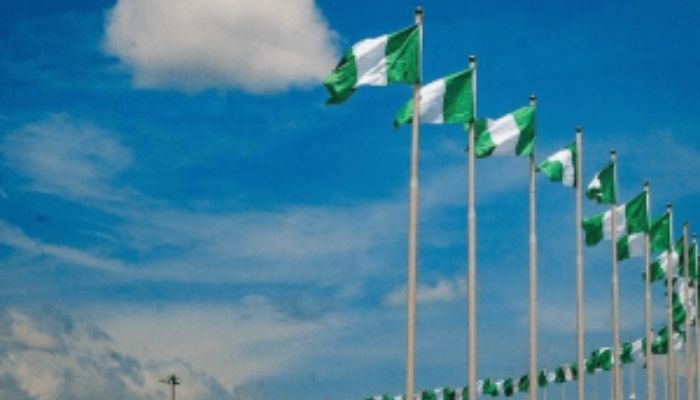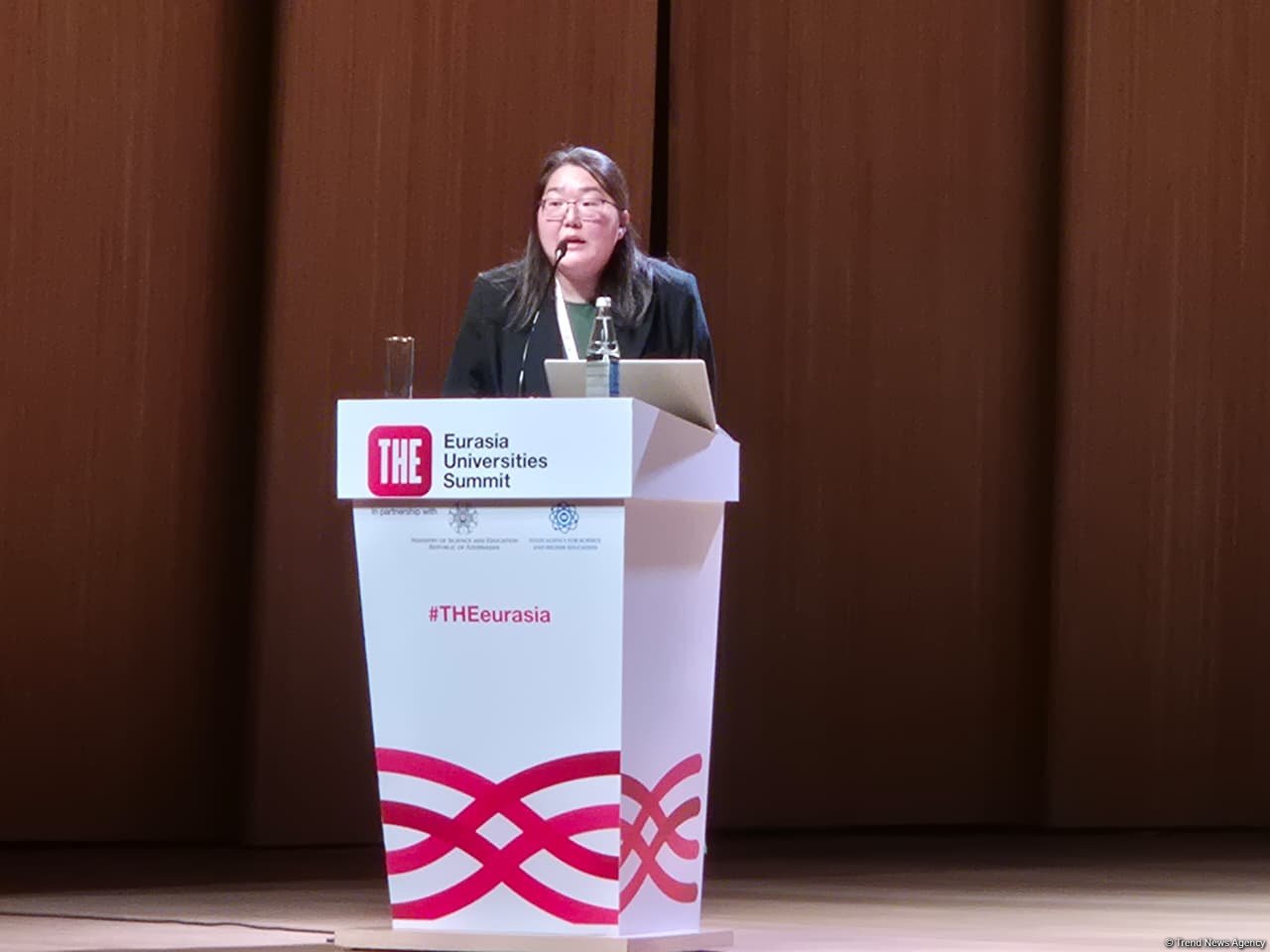By Iniobong Iwok and Taofeek Oyedokun
Copyright businessday

…Leaders prefer western hospitals, schools, products
On the first day of October 1960, the Union Jack came down and Nigeria’s flag fluttered proudly in the air. Crowds cheered, drums rolled, and a nation was born. Sixty-five years later, in 2025, that same flag still waves, but the promise it once carried feels distant.
The central question stares Nigerians in the face: after 65 years, how independent are we?
The shadow of foreign dependence
Nigeria’s 65-year journey has been one of paradoxes. On paper, the country is independent: it has a constitution, a president, and a seat at the United Nations. But in practice, successive leaders have leaned heavily on foreign powers, western institutions, and imported solutions for almost everything.
At 65, the nation’s hospitals are avoided by its own political elite, who routinely jet off to London, Paris, Dubai, India or New York for routine check-ups.
In London, Manchester, and Dubai, some of the best schools for Nigerian children thrive, not in Ibadan, Lagos, Zaria, or Nsukka, but thousands of miles away. Even in everyday life, imported goods define status, from the clothes people wear to the food on elite dinner tables.
Independence was supposed to mean self-reliance. Instead, Nigeria remains tethered to the West for validation, for survival, for pride.
The weight of unpatriotic leadership
Nigeria has not lacked resources; it has lacked stewardship. Oil, gas, fertile land, and an industrious people could have placed the country at par with nations like Malaysia and Singapore, which gained independence around the same era. Instead, corruption and unpatriotic governance turned opportunities into curses.
The story of Nigeria’s leaders is a recurring tale of betrayal. Billions have been siphoned into private accounts, often stashed in the same countries that once ruled over Nigeria. Ironically, it is foreign courts in London, New York, or Paris that sometimes expose and punish Nigerian officials, while local institutions remain timid or compromised.
Imagine a country waiting for outsiders to discipline its own corrupt sons and daughters. That is Nigeria at 65.
Read also: FG unveils official Theme for 2025 Independence celebrations
Poverty amid plenty
Beneath the high walls of government houses lies the ordinary Nigerian’s daily struggle. On the streets of Lagos, traders haggle under the sun to stretch meager profits. In the villages of Zamfara or Benue, farmers fight poverty while dodging insecurity. In the cities, young graduates armed with degrees roam endlessly in search of jobs that do not exist.
Statistics confirm what many live daily: poverty has become the common identity. More than half of Nigerians live below the poverty line, despite the nation’s enormous wealth. Electricity is epileptic and inflation erodes hope as quickly as it empties pockets.
At 65, Nigeria feels like a giant carrying chains, unable to walk freely despite its size.
Death of all institutions
The nation’s political institutions exist for the fulfilment of all righteousness. The National Assembly is an assemblage of elite politicians who rode to their positions on the crest of poor voters, but they are an army of self-servers. Even though they are perpetually absent from plenaries through endless holidays, the bicameral legislature has unarguably become the greatest cost centre in the country.
The nation’s judiciary has since been described as ‘captured” by the wealthy few. The laws are now seemed to have been made for the poor masses; the rich get only a slap-on-the-wrist no matter the weight of crime they commit. The judiciary is being accused of losing its charm and has also lost the confidence of many senior advocates of Nigeria (SAN) who cry to the high heavens that the institution has been buccaneered.
The nation’s electoral commission has since lost the confidence of the masses as it has shown over and over again that it exists for the highest bidder. With its now popular mantra “go to court,” the commission engages in all manner bare-faced electoral heist and revels in the highest level of impunity. This is why, every election cycle witnesses higher degree of voter apathy than the ones before it. Many Nigerians today seem to have given up on the Commission.
At 65, the nation’s educational system has become a shadow of itself. This year, the country was further plunged into a more disgraceful pool of corruption as witnessed in the Unified Tertiary Matriculation Examination (UTME) organized by the Joint Admissions and Matriculation Board (JAMB). The West African Senior School Certificate Examination (WASSCE), organized by the West African Examinations Council (WAEC) this year was a disaster for Nigeria. Up till now, Nigerians have not been told what really went wrong beyond the claim of “glitches.”
The spark of hope
Yet, hope has never fully left Nigerians. It lives in the restless creativity of the youth, innovators building fintech companies that catch global attention, artists and filmmakers exporting culture to the world, athletes carrying the green-white-green across international arenas.
It lives in the small triumphs: in the farmer who doubles yield through technology, the startup that hires 20 graduates, the teacher who inspires her pupils against all odds.
Nigeria is a land of paradox: a place where despair is never complete because resilience refuses to die.
The future, many argue, still holds promise. A youthful population, over 60 percent under 30, could be the key to unlocking prosperity if provided with quality education, jobs, and an enabling environment.
With reforms in governance, investment in infrastructure, and a genuine war against corruption, Nigeria could finally shed its label of “potentially great” and step into true greatness.
As another October 1 approaches, Nigeria celebrates 65 years of political independence.
But the truer celebration, the day Nigeria becomes free in practice and not just in symbolism, remains ahead. That day is the independence Nigerians are still waiting for.
Government policies failed to improve quality of lives- Nigerians
As Nigeria marks 65th independence on October 1, many Nigerians are disillusioned with the country’s progress in the past six decades want a change.
Currently, opinions are divided on President Tinubu’s two years rule, but his reforms, like the removal of a fuel subsidy and devaluation of the naira, implemented after he took office is seen by many people to have led to rise in the cost-of- living.
In the past independence celebration was often mark by dance on the streets and loud music, with school children waving the country’s flag in pride.
But as the country celebrates 65rd anniversary of that moment, the country’s streets is expected to be empty with many Nigerians unbothered.
Many are simply overwhelmed by the state of the economy and would rather think of their next meal. For many, successive leaders had failed the nation.
Many other say government policies have not added the needed improve in the quality of their lives, despite adding more money into government’s coffers.
For Ifeanyi Onuwa, 26-year-old banker stated that it is pointless to celebrate. She stressed that the present administration had not done enough to fulfil campaign promises, but was only interested in revenue generation.
“For me there is really nothing to celebrate about the October 1, for example, there was so much promises and hope when Tinubu came on board, he promised so much, like power for example, but it has remained epileptic despite Nigerians paying more.
“I hear there would be more taxing next year, they are getting more money from the subsidy removal, even borrowing more, what is it been used for? The roads are bad and lecturers are threatening strike”, he said.
The once Africa’s largest economy has long been in free fall since the Muhammadu Buhari administration, as youth unemployment, inflation, and debt are at an all-time high and continue to climb. More than 60 percent of the country lives in what the United Nations calls “multidimensional poverty”.
Nsikan Umoh, a lawyer said the only celebration is that the country has remained a democracy in the last twenty-five years, stressing that there was no signs that things would get better.
He pointed out that virtually all institutions of the country had been hijacked by the government, noting that credible leaders could not emerge through this process because elections are often fraudulent.
“For me our leaders appear not in touch with reality, and the suffering of our people. Can you explain the p0licies of Tinubu and his quest to continue borrowing?
“What is he doing with the money than to continue to service the luxury lives of politicians? I am not celebrating”.
Nigeria has made tremendous progress- Onuigbo
A frontline politician, Sam Onuigbo, says in spite of its challenges Nigeria has made tremendous progress since it gained independence from Britain in 1960.
Onuigbo said one of the greatest achievements was that the country had remained united in the face of events that threatened its existence.
Some of the events, according to the former House of Representatives member were the civil war and the post June 12, 1993 presidential election.
Onuigbo represented Ikwuano/Umuahia North and South Federal Constituency in the House of Representatives where he sponsored the Climate Change Bill which was eventually signed into an Act by late President Muhammadu Buhari.
According to him, “We have remained one indivisible nation for these past 65 years despite the challenges such as the civil war and June 12, among others that threatened the unity of this country.
“Like any other countries of the world the economic position of Nigeria is expected to be better than where we are.
“We want general happiness for a well-educated youthful nation that desires to remain productive and competitive.
“However, we have achieved, significantly, some level of prosperity as a nation but we can do more”.
He said the administration of President Bola Tinubu had demonstrated commitment to reposition the country for greater heights with a target of becoming a member of G-20 in no distant time.



